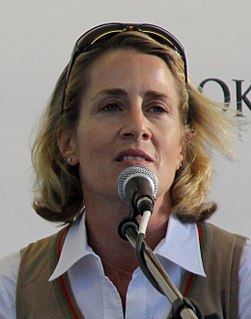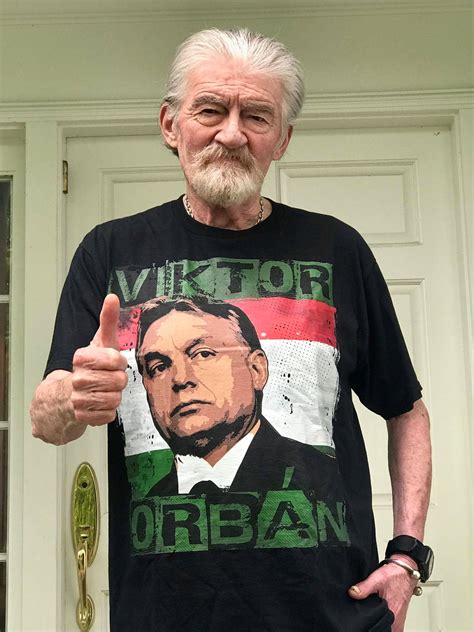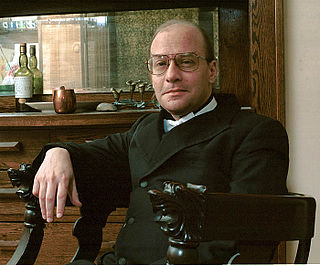A Quote by Caroline Leavitt
Writers are magpies, and we collect details about people and we use them for fictional characters.
Related Quotes
One of the things that makes characters real is details. Life offers a lot of details. You just have to choose and use them wisely. When you give them to fictional people and a fictional story, their purpose and their meaning changes, so it's best to see the version in the book as fiction entirely, wherever it started out.
When you're training as an actor, a lot of the big work you're learning is to treat fictional characters like real people. You don't have the problem of discovering a backstory with real people, but there's always a mystery which is common to both fictional and factual characters. They are never quite the person you think they are.
The thing about great fictional characters from literature, and the reason that they're constantly turned into characters in movies, is that they completely speak to what makes people human. They're full of flaws as much as they are full of heroics. I think the reason that people love them and hate them so much is because, in some way, they always see a mirror of themselves in them, and you can always understand them on some level. Sometimes it's a terrifyingly dark mirror that's held up.






































